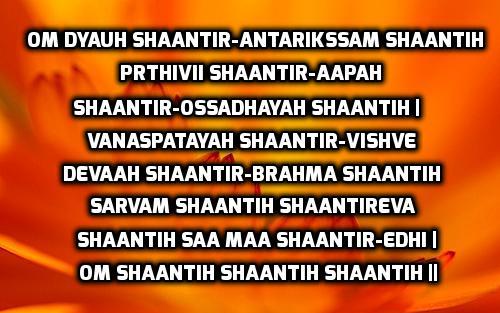arcanum
Active Member
Does anyone have any insight on what caused the change from the sacrificial, very ritualistic orientated religion of the Vedas, that gave way to later movements such as Buddhism, Jainism, and the Hinduism of the Upanishads and Yoga Sutras? I ask because it seemed like something major happened, a cultural big bang of sorts, to cause the abandonment of the Ur religion of the Vedas and the Vedic gods, to the more philosophical, introspective, spiritually oriented, and peaceful religious orientations that formed upon it's collapse. New gods were introduced, old gods receded, new ideas and practices, a whole new ethos took the place of the older Vedic religion. What happened to cause such a major shift, can we even know at this point? Was it simply a revolt against the elite Brahmin class or did it go much deeper than that? Thanks in advance for any input on this question.

